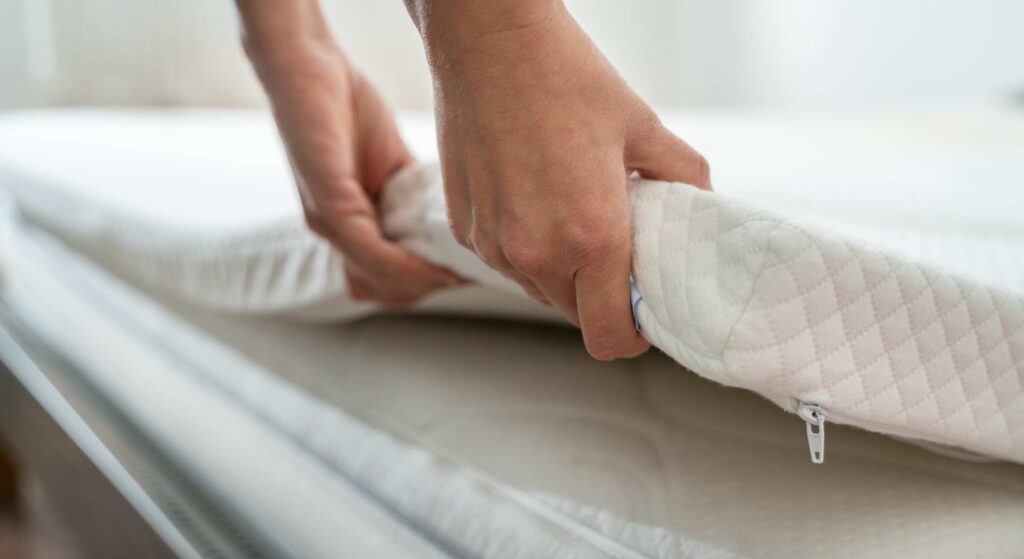Hotels, apartment buildings, and residential complexes generate a significant amount of waste — especially when it comes to replacing old mattresses. In the hospitality and rental industries, where comfort and cleanliness are essential, mattress turnover is frequent. Unfortunately, many old mattresses end up in landfills, contributing to environmental problems and wasting valuable resources.
Fortunately, mattress recycling programs offer a sustainable solution that benefits businesses, the environment, and local communities.
1. The Environmental Impact of Mattress Disposal
Mattresses Take Up Too Much Space in Landfills
A single mattress can take up to 40 cubic feet in a landfill. When hotels or apartment complexes replace dozens or even hundreds of mattresses at once, the environmental footprint can be substantial.
Long Decomposition Time
Mattresses are made with materials that don’t break down quickly — including steel, foam, and synthetic fabrics. It can take decades for them to decompose fully, leading to overcrowded landfills.
2. What Are Mattress Recycling Programs?
Breaking Down and Repurposing Mattresses
Mattress recycling programs collect old mattresses and break them down into reusable materials such as:
- Steel from the springs
- Foam padding
- Wood from the frame
- Textiles and fabric
These materials are then repurposed for new products, reducing the need for virgin resources.
Recycling facilities like Recyclage Matelas Quebec provide specialized services that make mattress disposal easy and environmentally friendly for hotels and apartments. They handle the collection, dismantling, and recycling of old mattresses efficiently, ensuring minimal environmental impact.
3. Benefits for Hotels and Apartments
Demonstrating Environmental Responsibility
Today’s guests and tenants are more eco-conscious than ever. Businesses that implement recycling programs show they care about sustainability, enhancing their brand reputation.
Hotels and apartments can highlight their mattress recycling efforts in marketing materials, sustainability reports, and customer communications — making them more appealing to environmentally aware consumers.
Reducing Waste Disposal Costs
In many regions, landfill disposal fees are rising. Recycling old mattresses may reduce overall waste management costs, especially when recycling partners offer bulk pickup services.
Complying with Environmental Regulations
Some provinces and municipalities in Canada are introducing regulations that encourage or even mandate mattress recycling. Participating in a recycling program keeps businesses ahead of regulatory requirements.
4. Economic and Social Advantages
Supporting the Local Economy
Mattress recycling programs create green jobs in transportation, dismantling, and materials processing. Partnering with local recyclers supports the regional economy and promotes sustainable development.
Promoting a Circular Economy
Recycling old mattresses ensures that valuable resources stay in circulation, contributing to a circular economy where waste is minimized, and products are reused.
5. Easy Implementation for Businesses
Streamlined Collection and Disposal
Recycling partners offer convenient pickup services for bulk mattress removal, saving businesses time and labor costs.
Custom Recycling Solutions
Facilities like Recyclage Matelas Quebec tailor their services to the specific needs of hotels and apartment complexes, ensuring seamless mattress recycling that aligns with operational schedules.
Conclusion
Hotels and apartment buildings have a unique opportunity to lead by example in sustainable waste management. Mattress recycling programs not only reduce environmental impact but also offer economic and social benefits that align with modern business values.
By working with dedicated recyclers like Recyclage Matelas Quebec, businesses can responsibly dispose of old mattresses, enhance their brand reputation, and contribute to a cleaner, greener future for their communities.

